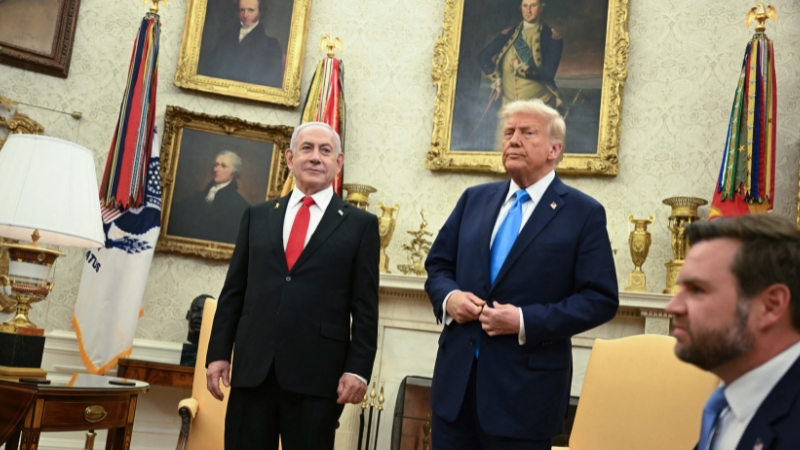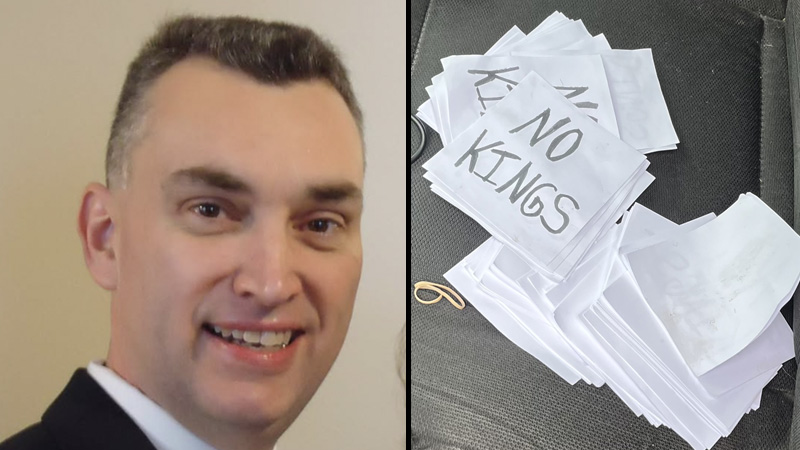EXCLUSIVE LEAK FROM BILDERBERG: Globalists See Trump As Their #1 Enemy In Carrying Out Their Transhumanist One World Government Agenda

Country Star Oliver Anthony Tells Joe Rogan Meeting Alex Jones Is on His Bucket List

What Now? The Future of America First Hangs in the Balance

FBI Leak Diddy Tape Proving Prince Was Murdered in Satanic Sacrifice

FBI investigators working the Sean “Diddy” Combs case have just dropped a bombshell — one that will change how you see the entertainment industry forever. According to these insiders, Prince Rogers Nelson wasn’t just disrespected […]
The post FBI Leak Diddy Tape Proving Prince Was Murdered in Satanic Sacrifice appeared first on The People’s Voice.
Former Gov. Walz Appointee Sought For Murders of Democrat Lawmakers, Had ‘No Kings’ Fliers in Car

SPECIAL LIVE SATURDAY COVERAGE of Promised ‘No Kings’ Insurrection/Uprising: Minn. Lawmaker and Husband Executed, Others Killed and Wounded, Tim Walz Appointee Identified as Shooter — PLUS, Israel Threatens to Burn Tehran if Iranian Strikes Continue — MUST-WATCH/Share!

